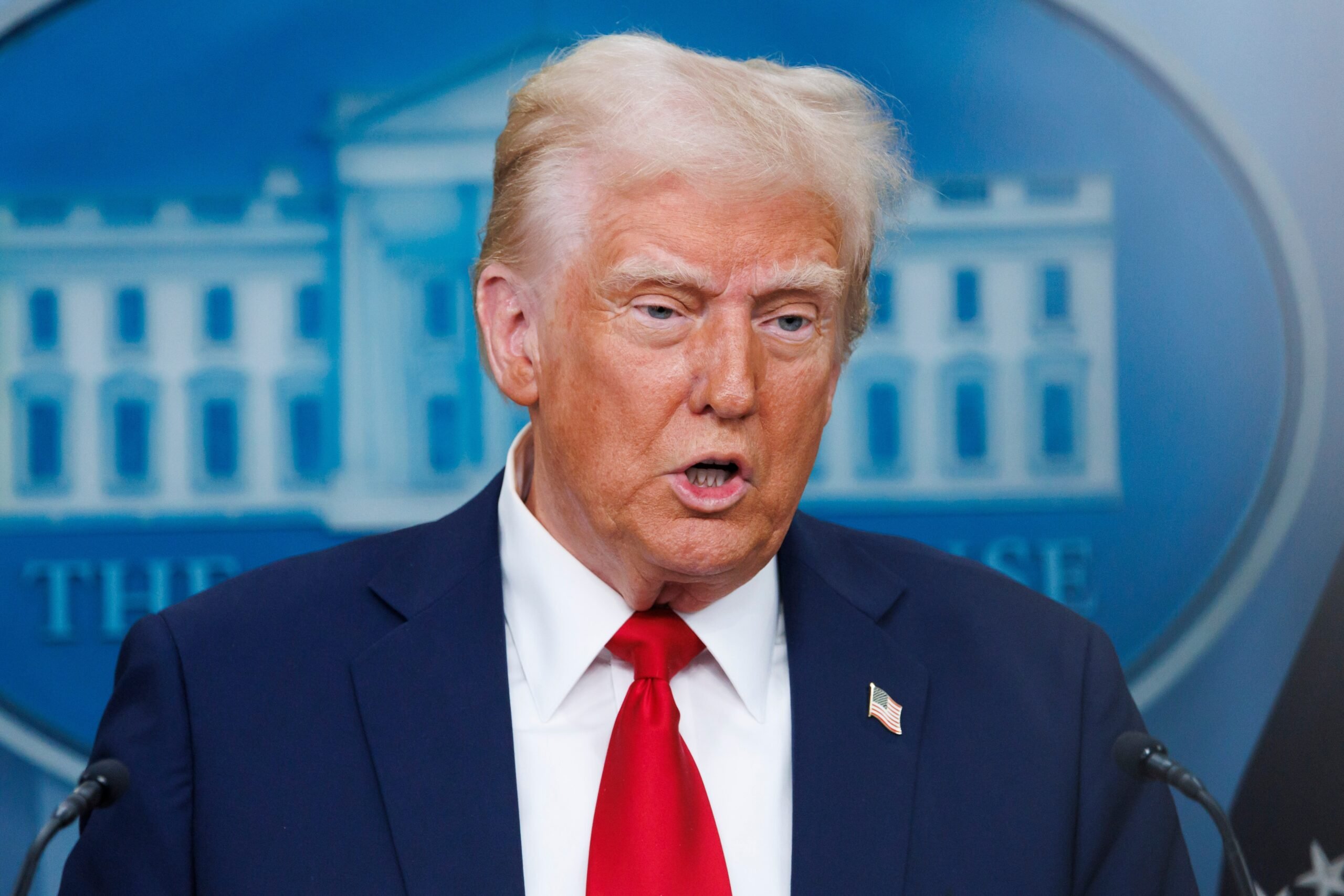TLDR
- Garrett Jin denies having inside information related to Trump tariffs.
- Jin specifies that the $150 million the short trade was on behalf of his clients.
- Garrett Jin criticizes crypto exchanges for offering excessive leverage.
- Jin calls for a market stabilization fund to support liquidity during crises.
Garrett Jin, former CEO of a cryptocurrency exchange, recently responded to claims that he made more than $150 million shorting Bitcoin and Ether before President Donald Trump’s tariffs on China. The accusations gained traction after Binance co-founder Changpeng Zhao (CZ) shared an investigative article linking Jin to the trade. While denying insider trading and any ties to the Trump family, Jin proposed a market stabilization fund to prevent future crises.
Allegations and short trades
Garrett Jin was accused to take advantage of a well-timed short trade in Bitcoin and Ether, shortly before President Trump announced new tariffs on China. The exchange reportedly earned him more than $150 million. The accusations began when an on-chain investigator, Eye, published data linking Jin to the trade. This included wallet addresses and other details, as well as biographical information suggesting Jin’s connection to the now-infamous short film Hyperliquide.
Binance co-founder Changpeng Zhao, also known as CZ, retweeted the post, amplifying the allegations. CZ added that he was unsure of the validity of the post and hoped someone would verify the information. The tweet attracted considerable attention, with millions of views, leading to increased scrutiny of Jin.
Jin’s response and denial of insider trading
In response to the public accusations, Garrett Jin took to social media to clarify his position. He has denied any connection to insider trading or the Trump family. Jin spoke directly to CZ, thanking him for sharing his personal information but insisting that his actions were not influenced by any inside information related to the Trump administration’s tariffs.
Jin further clarified that the fund involved in the transaction did not belong to him personally but was managed on behalf of his clients. He said: “The fund is not mine, but that of my clients. We manage nodes and provide them with information internally”, distancing himself from any direct personal gain. Despite the negative reaction, Jin’s response did little to quell speculation regarding the timing of the deal and the scale of profits made.
Market review and proposed solutions
Amid the controversy surrounding his involvement in shorting Hyperliquid, Jin also commented on the broader crypto market. He expressed concern about the high leverage offered by trading in volatile assets that lack intrinsic value. Jin suggested that such leverage, while profitable for trading, could carry significant risks in the event of market instability.
He pointed out that in traditional financial markets, such high leverage is generally limited to assets offering substantial value support and liquidity, such as those in the foreign exchange market. “The crypto industry’s deepest problem is that exchanges offer high leverage on assets that lack intrinsic value – to meet user demand and increase profits,” Jin said. The criticism comes after Friday’s market collapse, which led to massive liquidations and wiped out billions in market value.
The call for a stabilization fund
As part of his proposed solution to the growing volatility in crypto markets, Jin suggested that exchanges establish a stabilization fund similar to those used in US stock markets. Such funds would help maintain liquidity in times of crisis, supporting the market and avoiding extreme price fluctuations.
“If exchanges continue to offer extreme leverage, they should at least implement a stabilization fund-like mechanism, similar to U.S. stocks,” Jin said. He stressed that this would help restore market confidence, encourage capital inflow and promote healthier market growth.
Jin’s remarks reflect growing concern about the role of leverage in cryptocurrency markets, especially as the sector faces increased volatility and increased regulatory scrutiny. With the crypto industry still in its development stages, implementing such mechanisms could offer a way to stabilize the market and protect investors’ interests.
Amid these events, the crypto community remains divided over Jin’s involvement in hyperliquid trading and the broader implications for the industry. However, his call for reforms and a safer trading environment has gained attention as exchanges and regulators continue to examine ways to manage the risks associated with highly leveraged trading.










